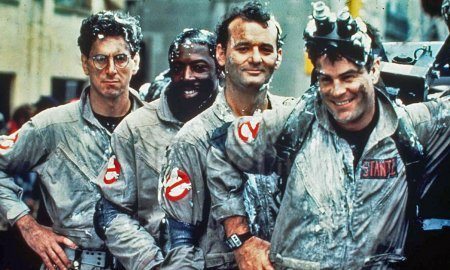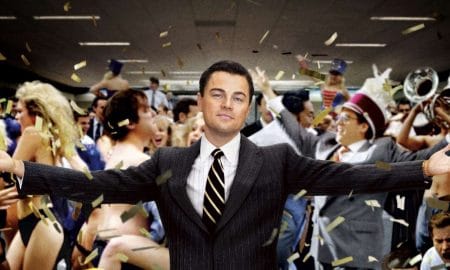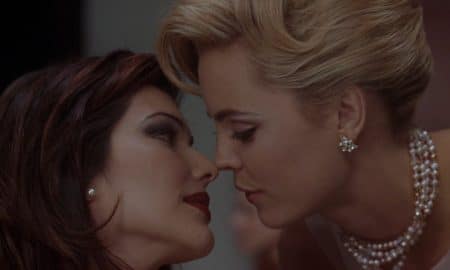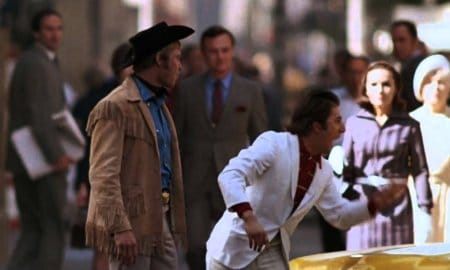

Film has always pushed the boundaries of what is considered socially acceptable, causing viewers to consider religion, morals, political views and stances on a variety of hot topics. Regarding religion, some movies have caused such a stir that they are still considered among the most controversial and blasphemous ever created. Check out these scandalous films that rubbed religious folks the wrong way.
1. The Passion of the Christ (2004)
Around the world Jewish groups made it clear that they were far from pleased with Mel Gibson’s 2004 film The Passion of the Christ. They felt that the views expressed in the movie blamed Christ’s crucifixion on the Jewish people, and these groups stoutly denounced it. The 2004 film follows the last twelve hours in Jesus’ life, including all the gory details that surrounded his torturous demise.
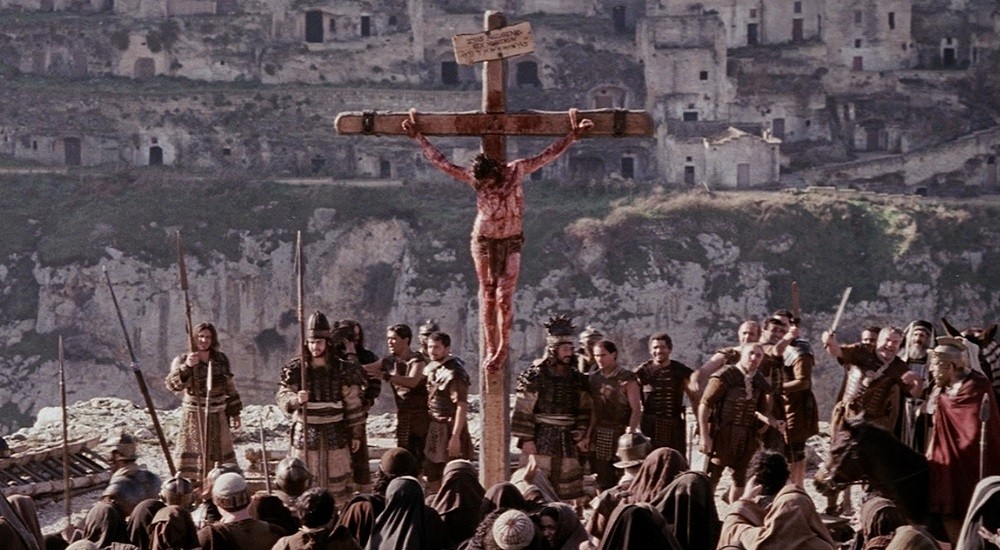
2. The Da Vinci Code (2006)
A massive cover-up unveiled, discovery of mysterious symbols, and an interesting take on a couple of the Bible’s most prominent characters. All this could be found in the 2006 Ron Howard directed film, The Da Vinci Code. In the film the Roman Catholic Church is accused of hiding the fact that Jesus Christ and Mary Magdalene were not only married, but had a daughter together and, being responsible for a two-thousand-year deception regarding the Holy Grail. Members demanded a boycott of the film.
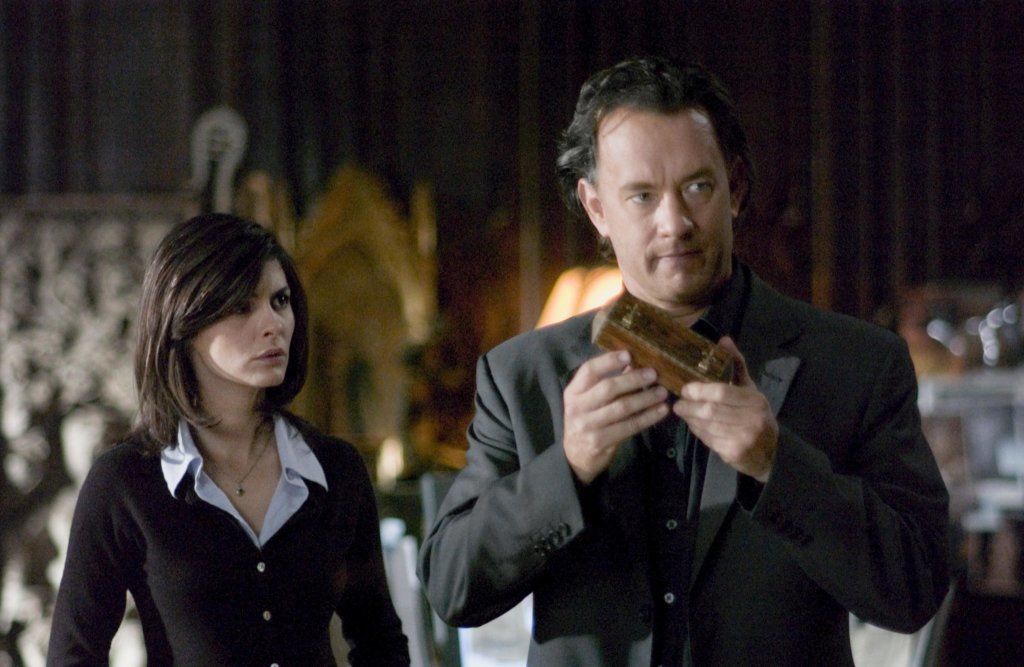
3. The Life of Brian (1979)
Comedy buffs are no stranger to Monty Python, a British comedy group made up of John Cleese, Michael Palin, Terry Gilliam, and Graham Chapman. Their comedy film The Life of Brian (1979), didn’t leave religious stalwarts laughing very much though, as on its release in the UK the Catholic Archdiocese of New York, and Jewish groups including the Council of Syria and Near Eastern Sephardic Communities, Rabbinical Alliance of America, and the Union of Orthodox Rabbis were all up-in-arms about its content. Calling it a “crime against religion” and “a vicious attack on Judaism and the Bible” one can’t help but wonder if Monty Python was laughing at all by the end. Directed by Kenneth Colley, the movie is about a regular Roman Judea citizen who is identified as the Messiah by mistake.
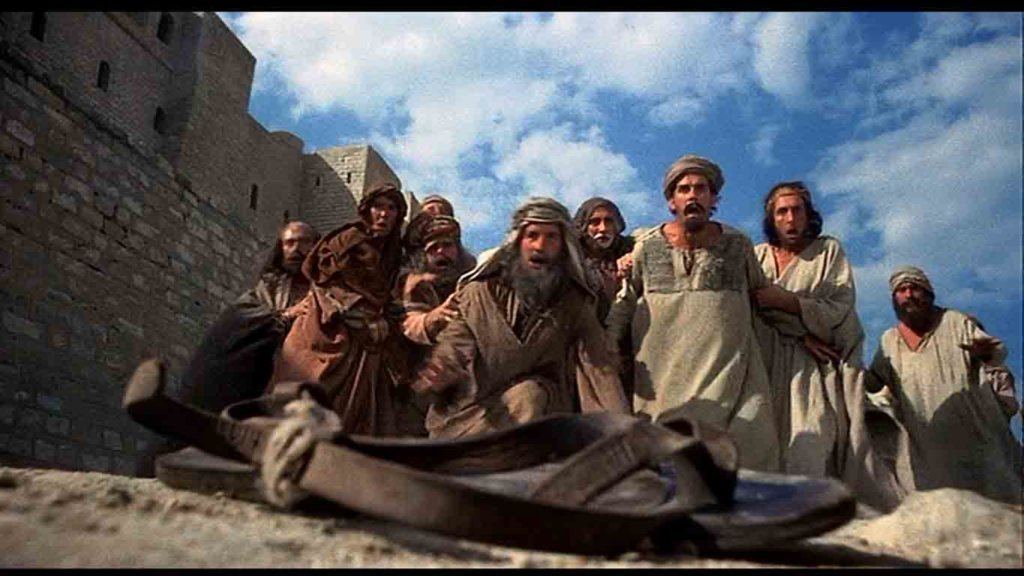
4. The Miracle (1948)
Director Roberto Rossellini faced harsh criticism with his 1948 Italian release Il Miracolo (The Miracle). The Catholic Cinematographic Center—arm of the Vatican focused on vetting movies for moral propriety—took great issue with the film, though it was not banned. The Catholic Church’s Legion of Decency labeled the film a “blasphemous mockery of Christian-religious truth,” and suspended the Paris Theater from showing it. Why all the fuss? The film portrayed a peasant woman who believes that she is the Virgin Mary. After being plied with alcohol and raped, she becomes pregnant and as she does not remember the experience, decides that it is a miraculous conception.
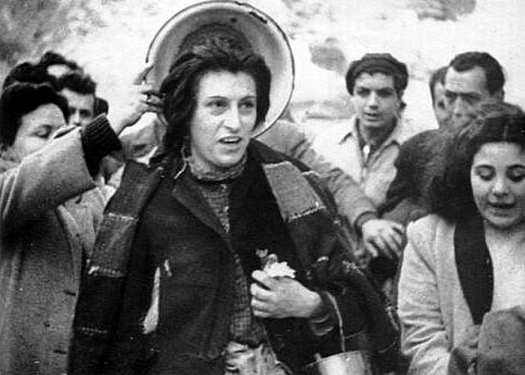
5. The Last Temptation of Christ (1988)
American director Martin Scorsese is known for his big, blowout films, but did you know that he was the director behind the notorious epic drama film The Last Temptation of Christ? Numerous theater chains flat-out refused to screen the 1988 film, Blockbuster Video would not feature it in their stores, and the day before the movie’s premiere a whopping 25,000 protesters congregated at Universal’s LA studios. A few years later there was more backlash following television screenings of the movie in Canada and Russia. In the film, Jesus Christ’s life is portrayed as a continuous struggle with various forms of temptation, all culminating in him imagining himself taking part in lustful activities.
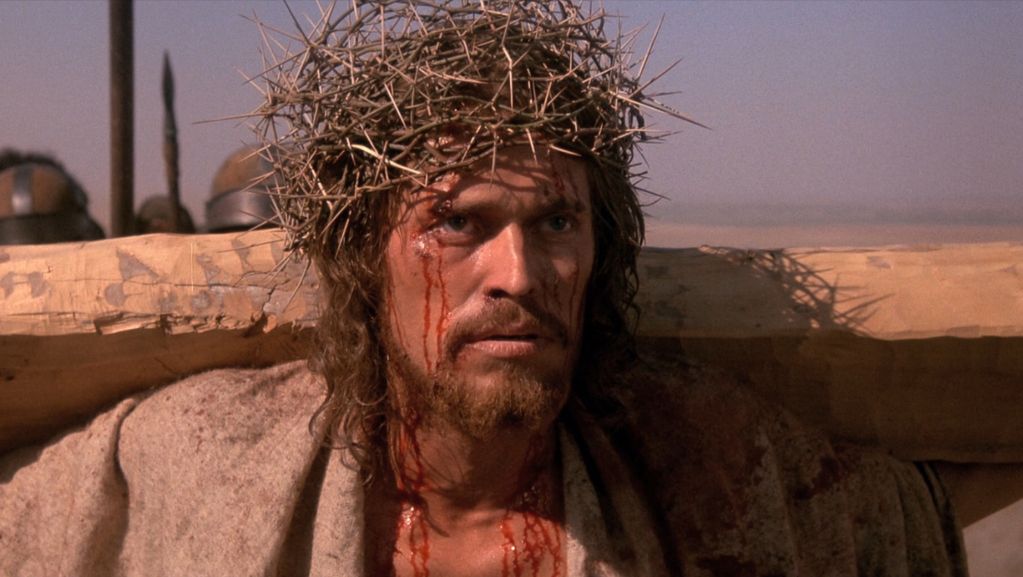
6. Hail Mary (1985)
Retellings of great stories are numerous, but when French director Jean-Luc Godard decided to write and direct Hail Mary (1985), some Christians were far from happy with the results. The Virgin birth is looked at from a more modern-point-of-view, where Mary is a student, an ardent basketball player and employed at her father’s gas station, while Joseph is a high school dropout and cab-driver. In protest, one Versailles theater came under attack as demonstrators broke in with the purpose of destroying film reels. Groups took on the cause and both the the Alliance Against Racism and for the Respect of the French and Christian Identity, and the Confederation of Catholic Family Relations lobbied for the film to be censored or banned. Most notably, Pope John Paul II bashed the film and was very vocal about his position on it. Why all the fuss? With full frontal nudity and blatant religious themes, there was no way Hail Mary was getting in under the radar.
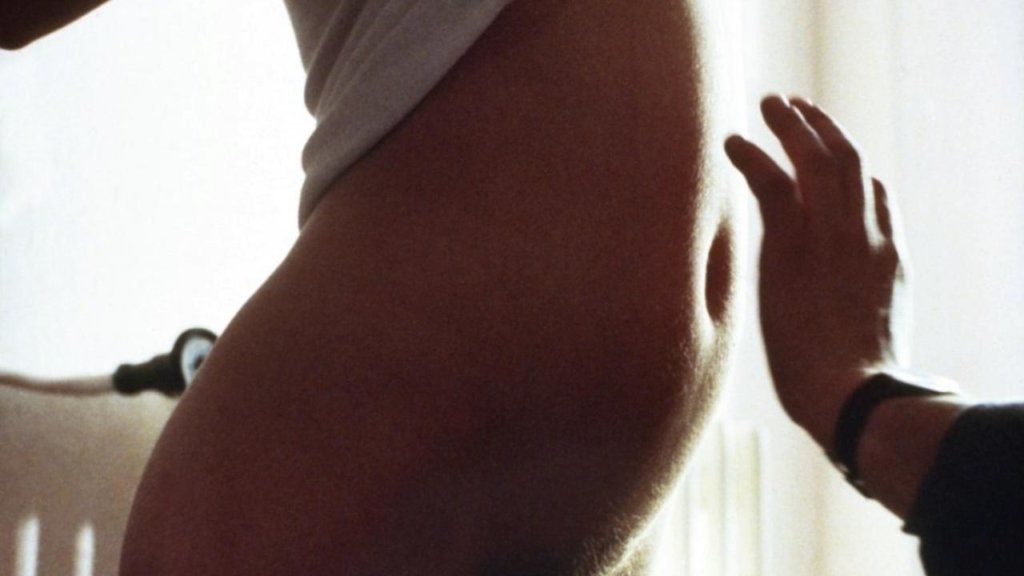
7. Dogma (1999)
Two fallen angels are banished from heaven, then from Wisconsin, and decide to head to New Jersey where they discover a loophole that can see them returned to heaven but will annihilate humanity. Sounds farfetched? This longwinded elevator pitch was the premise of the 1999 film Dogma, which was directed by Kevin Smith. Few films have found themselves in the bad books for being considered too blasphemous for their own good even before they were released and Dogma is proudly one of them. The Catholic League received an early version of the script and was so outraged by the content that the group openly criticized Disney. Interestingly enough when it was sold to Lions Gate, these protests stopped.
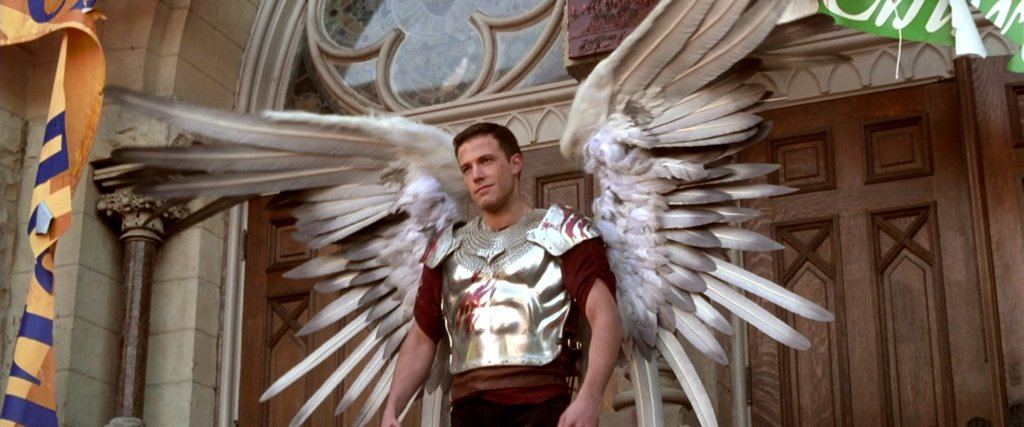
8. The Devils (1971)
Few directors can say that they so thoroughly ruffled feathers that their films were censored or banned in almost every major market. This was the case for British director Ken Russel, whose 1971 offering The Devils made audiences do more than cover their mouths in surprise. Not hiding behind a thing, the film showcased violence towards the Church, along with outright accusations of corruption within the institution. The historical drama-horror film is set in 17th-century France and follows the questionable exploits of “Father Grandier,” played by Oliver Reed, a priest whose nontraditional views on religion and sex lead to him having his own fan club of sorts, as nuns flock to his side.
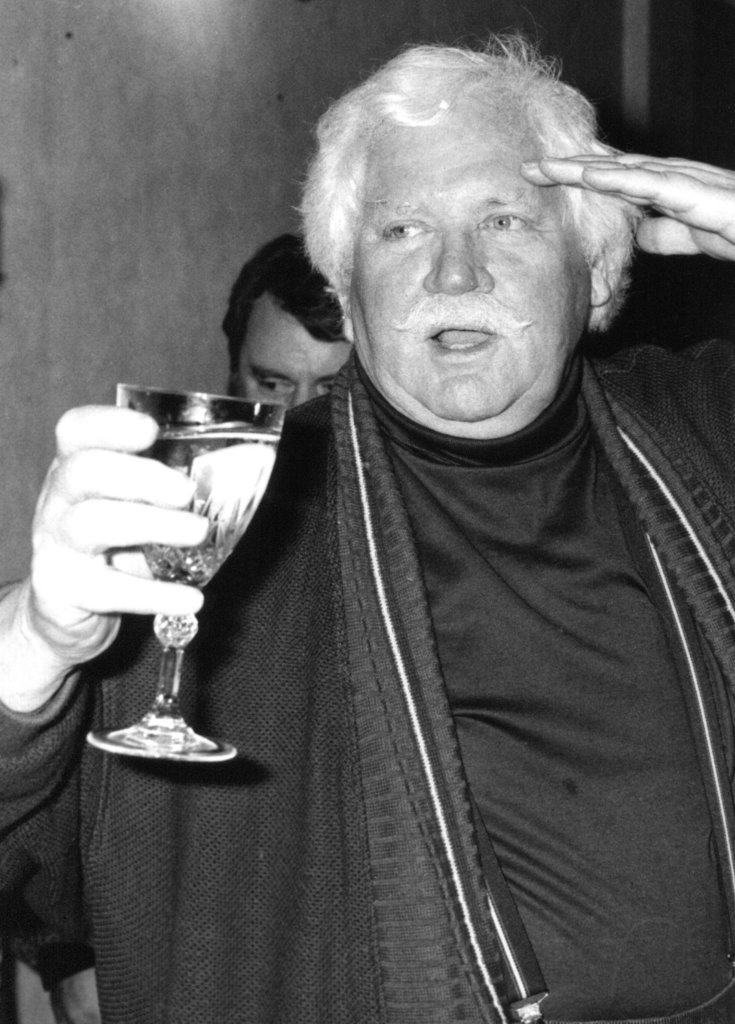
9. The Council of Love (1985)
Based on an anti-Catholic satirical play by Oskar Panizza from 1894, Austrian film The Council of Love had a few too many hot-button religious topics to just waltz on by unnoticed. The play, which was banned, was set in the late 1400s and had the Holy Family (Mary, Jesus Christ and God) turn to Satan for advice on ways to punish humans, after becoming upset with the Borgia’s indulgent papacy. It portrayed Mary as a depraved woman, Jesus Christ a foolish individual as His followers continually consumed his flesh and blood, and God as a decrepit old git. The movie was known as Das Liebeskonzil in Austria.
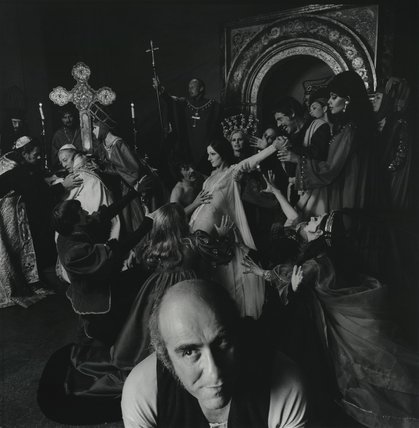
10. Visions of Ecstasy (1989)
Take a moment to consider the 1989 film Visions of Ecstasy, which was the only one in the history of the UK to be banned by the British Board of Film Classification (BBFC) for blasphemy. Directed by Nigel Wingrove, the short film takes many risks that to the BBFC were just too sacrilegious to go unnoticed. Set in the 16th century, it depicts the visions of Spanish nun St. Teresa of Avila, merging scenes where she fantasizes about kissing Jesus and caressing a crucified Messiah with lesbian scenes of trysts involving her and another nun. Yeah, that didn’t go over too well with the powers that be.
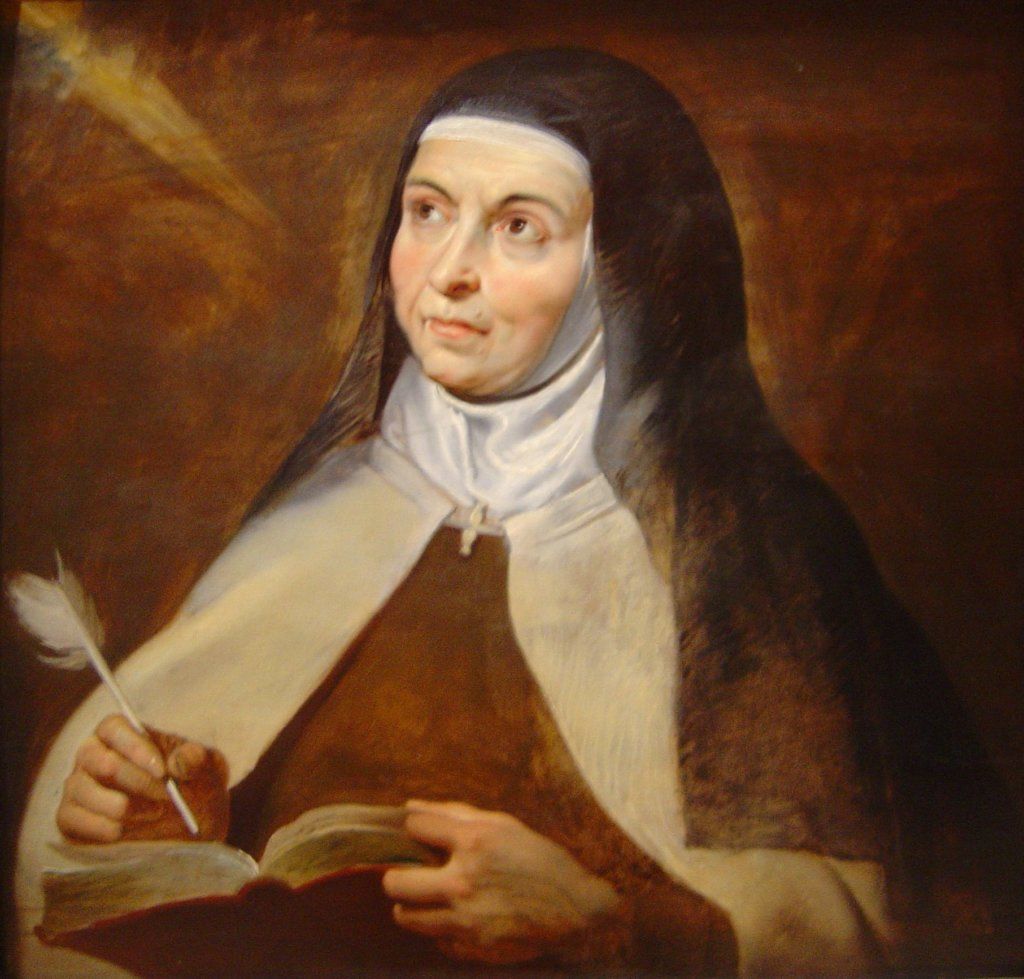
11. Ro.Go.Pa.G. (“Let’s Wash Our Brains” – 1963)
Ro.Go.Pa.G is a 1963 film with its title derived from the last names of the four individuals who wrote and directed it. The film was split into four short segments, featuring the work of French director Jean-Luc Godard (Il Nuovo mondo), and Italian directors: Ugo Gregoretti (Il Pollo ruspante), Pier Paolo Pasolini (La Ricotta) and Roberto Rossellini (Illibatezza). Though the film—which was banned in Italy—dealt with topics including religious hypocrisy and nuclear war, all would have been well were it not for La Ricotta (Ricotta Cheese), Pasolini’s offering. In it Orson Welles portrays an American director who produces a film about the crucifixion. Using sacrilegious language to highlight the degradation of religion in modern society, the film did not sit well in religious circles and the director was put on trial for blasphemy. In addition, under an old fascist law against “insulting the religion of the state” a four-month suspended sentence was handed down. The “Pa” in Ro.Go.Pa.G, was eventually granted amnesty.
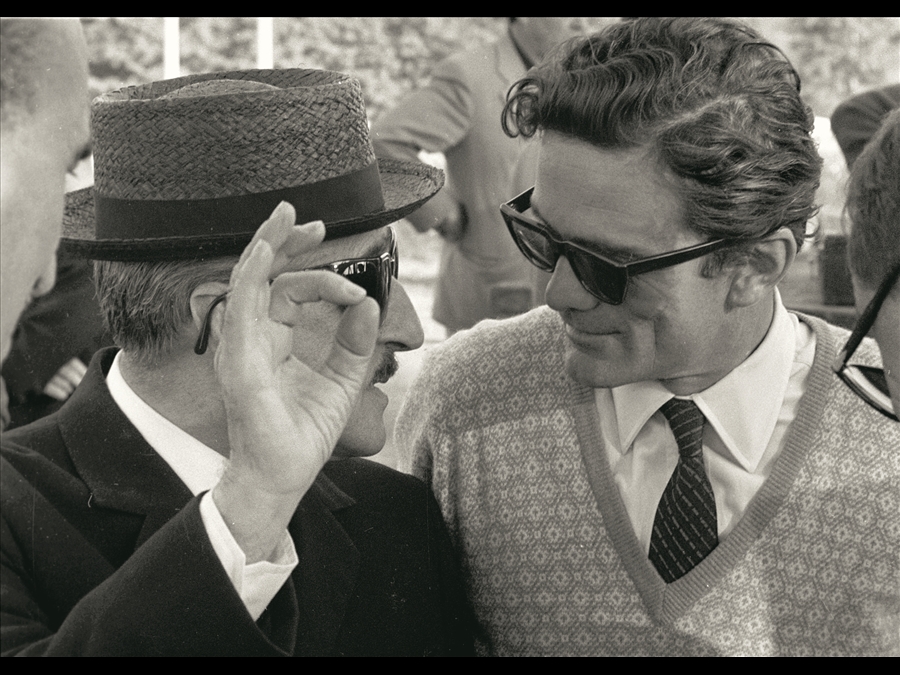
12. L’Age d’Or (1930)
In a short film that implied that Jesus and the Marquis de Sade had the same motivations, and where chanting bishops became skeletons, L’Age d’Or (1930) didn’t hold anything back and its creators and benefactors paid the price. Coming hot on the heels of creators’ Luis Bunuel and Salvador Dali’s surrealist classic Un Chien Andalou (1929), the film was commissioned by French aristocrats Marie-Laure and Charles de Noailles. The uproar over the film’s content led to the Noailleses not only being shunned by French high society, but they were faced with a threat of excommunication by the Pope. Audience members who went to see the screening in Paris at Studio 28 were clobbered by fascists who also damaged the lobby’s surrealist paintings, acts that eventually led to the theater shutting down. All was not lost however, as a print was smuggled into England, though the camera negative was concealed behind seven seals for the next six decades.

13. Viridiana (1961)
Luis Bunuel made the Vatican headline news again with his 1961 banned film Viridiana. Pope Franco gave the order that all copies of the film were to be burned, but past issues gave the Brunuels a jump start on this and the director’s son hid the negatives. The film was not shown in its home country Spain until 1977, and featured a young nun who is nearly raped by her uncle, leading to a series of events that leave her questioning her faith and eventually ending up in an implied incestuous menage a trois.
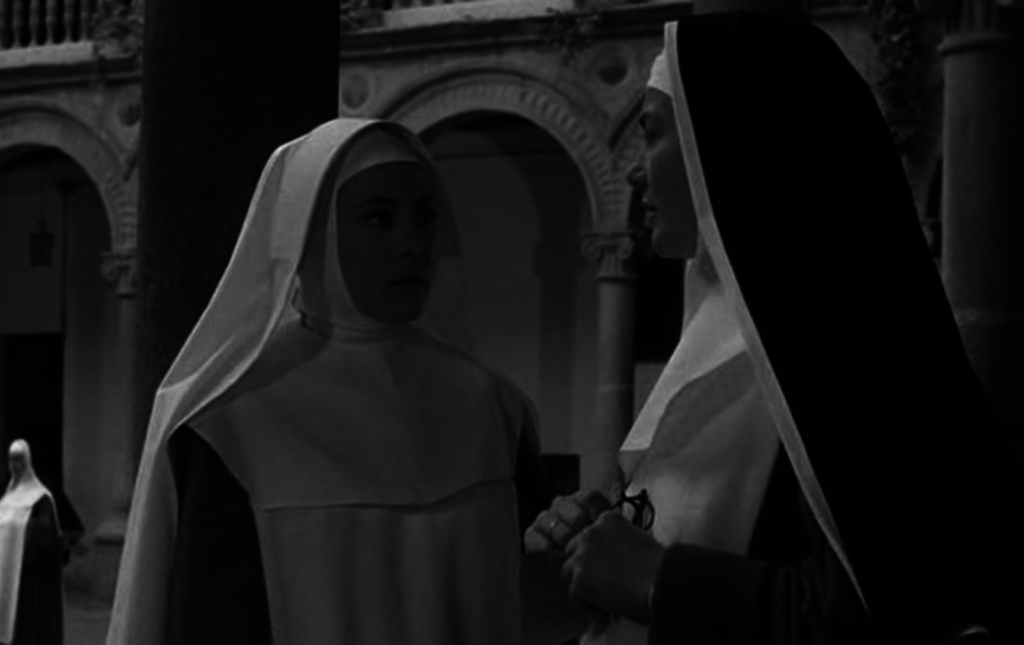
More in Movies
-
Amazing “Free Guy” VFX Breakdown
Whilst putting together our latest Breakdown of the VFX used in 20 Century Studio’s “Free Guy”, we interviewed Digital Domain’s VFX...
February 24, 2022 -
10 Reasons Why Practical Effects Are Better Than CGI
When Steven Spielberg recreated towering brachiosaurs using only computer wizardry for his 1993 classic Jurassic Park, computer-generated imagery (or CGI) skyrocketed...
July 13, 2018 -
12 Movies That Broke Impressive Worlds Records
Every year, more than 700 films are released in Hollywood. That number is steadily rising, which means that movies have to...
April 23, 2018 -
The 30 Sexiest Films of All Time
Love, sex, and passion are in the air whenever you watch one of the movies on our list. The displays of...
April 16, 2018 -
13 Surprising Facts About Marvel and Disney’s ‘Black Panther’
It only took a single Thursday evening in release to turn Disney’s newest superhero flick, Black Panther, into a bona fide...
March 9, 2018 -
12 Movie Bloopers That Accidentally Became Movie History
Unlike a lot of other art forms, filmmaking is a genuinely collaborative effort. There’s no such thing as complete control on...
February 2, 2018






